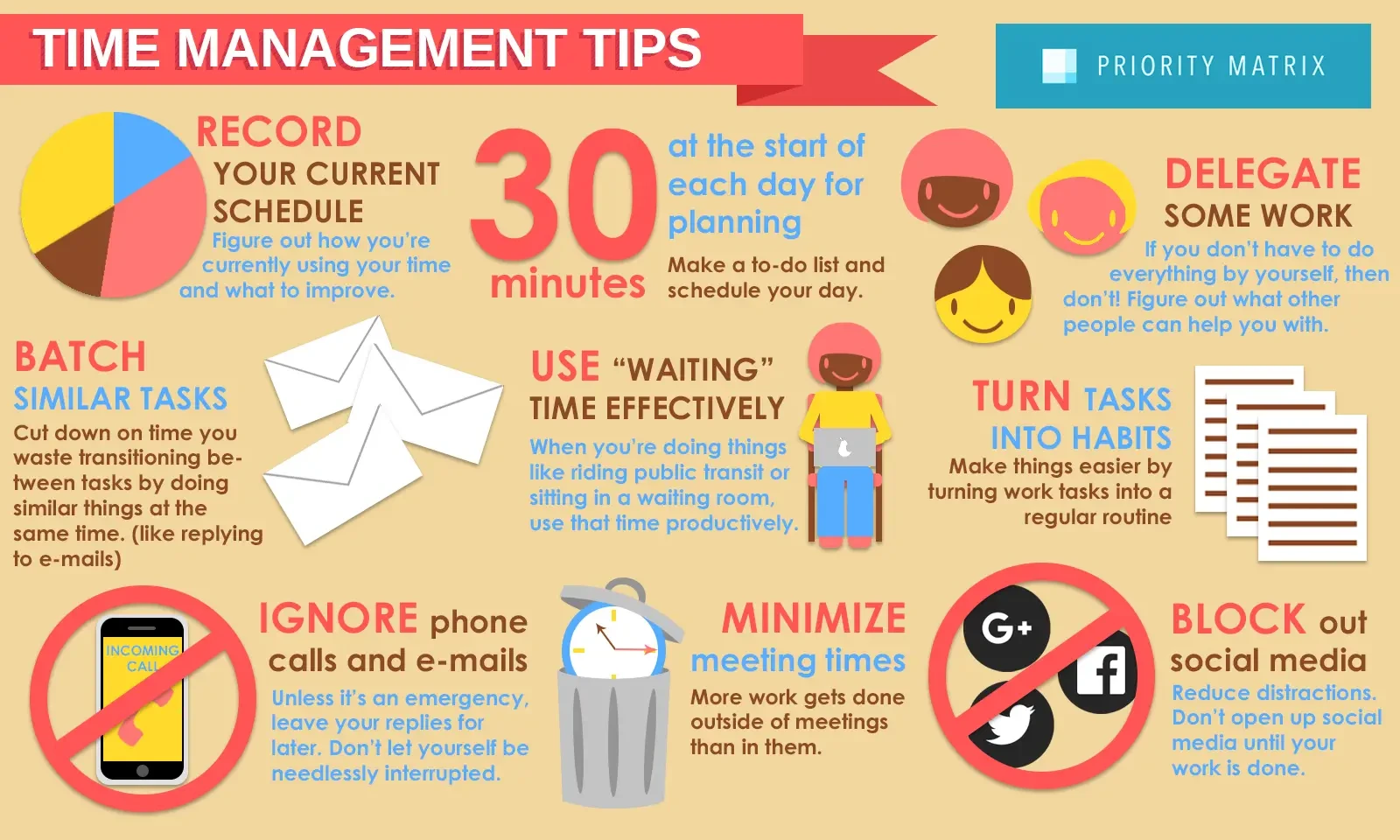
In today’s fast-paced and technologically driven world, stress has become an ever-present aspect of our lives. However, with the right techniques and strategies, it is possible to effectively manage the stress that accompanies the challenges of modern life. This article will explore various stress management techniques and offer insights into how individuals can regain control and achieve a healthier, more balanced lifestyle.
Recognizing the Signs of Stress
Before delving into stress management techniques, it is crucial to recognize the signs and symptoms of stress. These can manifest in various ways, including but not limited to:
Feeling overwhelmed or unable to cope
Increased irritability or agitation
Insomnia or changes in sleep patterns
Frequent headaches or muscle tension
Difficulty concentrating or making decisions
Changes in appetite or eating habits
Increased reliance on unhealthy coping mechanisms.
By identifying these signs, individuals can take proactive steps towards managing their stress levels and preventing it from spiraling out of control.
Establishing Healthy Rituals
Incorporating healthy rituals into our daily routines is a powerful tool for stress management. These rituals can take different forms depending on individual preferences, but common examples include:
Morning meditation or mindfulness exercises
Regular physical activity or exercise
Journaling or expressing thoughts and emotions in writing
Creating an organized and clutter-free workspace
Practicing relaxation techniques such as deep breathing exercises
By dedicating specific time slots for these activities, individuals can experience immediate relief from stress and pave the way for long-term resilience and well-being.
Utilizing Technology for Stress Reduction
Ironically, technology, often considered a major contributor to stress, can also be harnessed to counteract its effects. Several apps and digital resources are available that provide guidance and support for stress management:
Guided meditation apps that offer a variety of calming exercises
Productivity tools for better time management and organization
Sleep tracking apps that promote healthier sleep patterns
Journaling apps for keeping track of thoughts and emotions
Breathing exercise apps for relaxation in stressful situations
By making conscious use of appropriate technology, individuals can leverage its benefits while minimizing its potential drawbacks.
Prioritizing Self-Care
Amidst hectic schedules and demanding workloads, self-care often takes a backseat. However, prioritizing self-care is vital for effective stress management. Some self-care practices to consider include:
Ensuring sufficient sleep and rest
Eating a balanced diet and staying properly hydrated
Engaging in activities that bring joy and relaxation
Setting boundaries and learning to say no
Cultivating a support network of friends and loved ones
Engaging in hobbies or creative outlets
When individuals prioritize self-care, they strengthen their ability to cope with stress, enhance their overall well-being, and prevent burnout.
Seeking Professional Help
While self-help techniques can undoubtedly assist in stress management, seeking professional help is essential for individuals experiencing chronic or overwhelming stress. Therapists and counselors can offer guidance, strategies, and support tailored to individual needs. They can also help identify and address underlying causes of stress, facilitating long-term solutions.
Conclusion
Living in a modern, technology-driven world inevitably exposes individuals to various stressors. However, by recognizing the signs of stress, establishing healthy rituals, utilizing technology mindfully, prioritizing self-care, and seeking professional help when necessary, individuals can effectively manage stress and lead fulfilling lives. Remember, it is crucial to take proactive steps towards stress management to safeguard our well-being and achieve a healthier, more balanced lifestyle in today’s demanding world.

